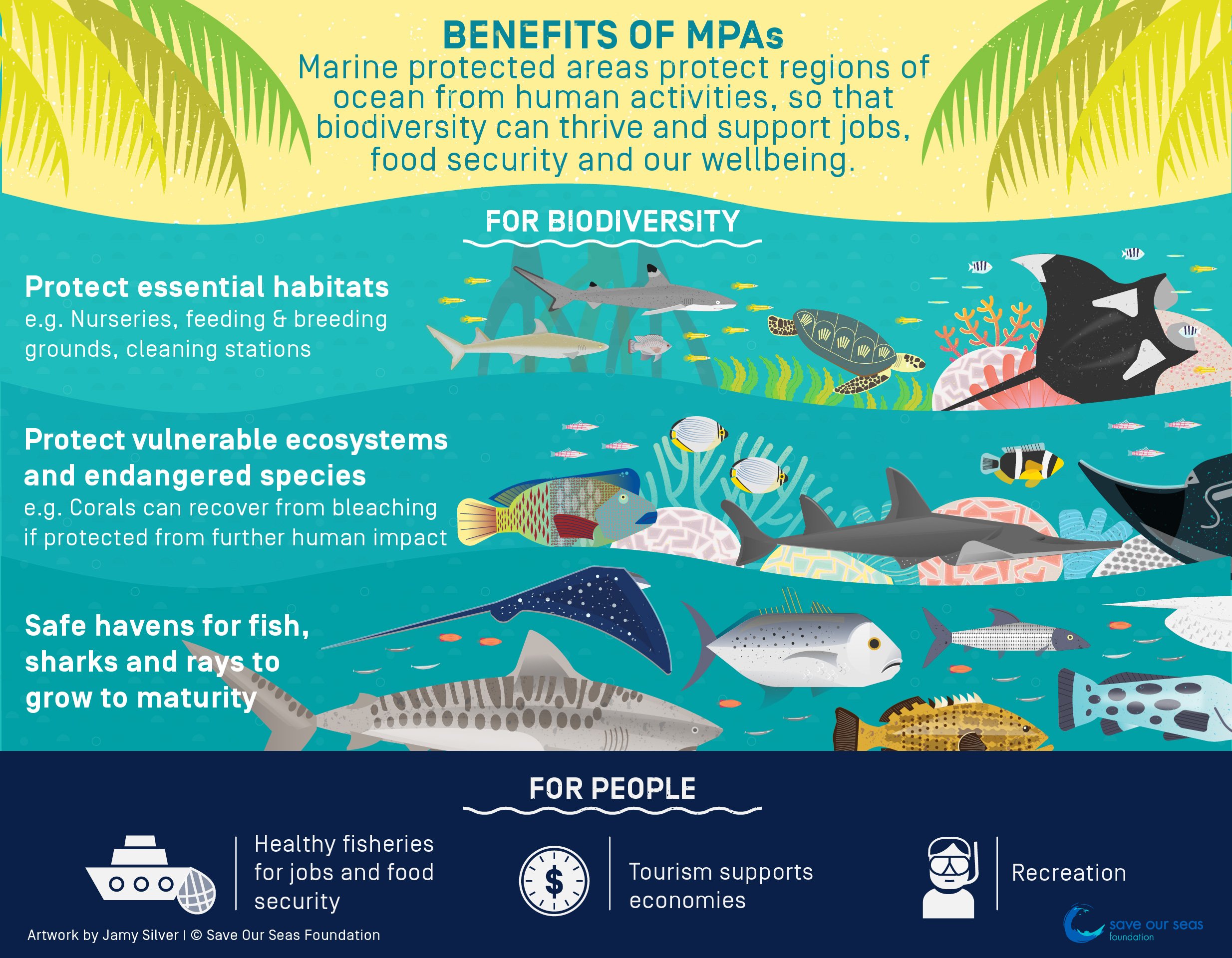Why Ecotourism: A Path to Conservation and Sustainable Growth
Why is ecotourism good? It’s a question that unveils the transformative power of travel when it embraces sustainability and conservation. Ecotourism, a responsible form of tourism, offers a multitude of benefits, ranging from environmental preservation to economic empowerment and cultural exchange.
Let’s delve into the compelling reasons why ecotourism deserves our support.
Ecotourism not only minimizes negative environmental impacts but actively promotes biodiversity conservation, sustainable land management, and environmental education. It creates economic opportunities for local communities, supporting small businesses and stimulating economic growth. By providing financial incentives for conservation efforts, ecotourism safeguards protected areas and promotes sustainable land management practices.
Environmental Benefits
Ecotourism offers a multitude of environmental benefits, contributing to the preservation and restoration of natural ecosystems. It promotes responsible travel practices that minimize environmental impact while supporting conservation efforts.
One of the key advantages of ecotourism is its role in biodiversity conservation. By creating economic incentives for local communities to protect their natural resources, ecotourism helps safeguard endangered species and their habitats. For instance, in Costa Rica, ecotourism revenue has played a vital role in protecting rainforests and wildlife, including the endangered scarlet macaw.
Sustainable Land Management
Ecotourism promotes sustainable land management practices that reduce environmental degradation. It encourages the use of renewable energy sources, responsible waste management, and the restoration of degraded landscapes. For example, in the Galapagos Islands, ecotourism operators have implemented strict regulations to minimize the impact of tourism on the delicate ecosystem, including restrictions on visitor numbers and the use of sustainable transportation.
Protected Areas and Habitat Conservation
Ecotourism can directly contribute to the establishment and maintenance of protected areas, providing safe havens for wildlife and preserving biodiversity. In Kenya, the Maasai Mara National Reserve has benefited from ecotourism revenue, which has supported conservation efforts and protected the habitat of iconic species like lions and elephants.
Economic Advantages

Ecotourism offers substantial economic advantages for local communities, providing employment opportunities, bolstering small businesses, and stimulating overall economic growth.
Ecotourism creates jobs directly in various sectors, including tour guiding, hospitality, and transportation. These jobs often provide stable incomes for local residents, empowering them to improve their livelihoods and contribute to their communities’ well-being.
Job Creation and Employment
- In Costa Rica, ecotourism is estimated to generate over 250,000 jobs, accounting for approximately 10% of the country’s GDP.
- In Kenya, ecotourism has created employment opportunities for over 1 million people, directly and indirectly, contributing significantly to the country’s tourism industry.
Support for Small Businesses, Why is ecotourism good
Ecotourism supports small businesses by providing a market for local products and services. Tourists often seek out authentic experiences, which can benefit local artisans, farmers, and tour operators. This support helps preserve traditional skills and cultural practices while generating income for local entrepreneurs.
Economic Growth
Ecotourism can stimulate economic growth by attracting visitors to regions that may have otherwise been overlooked. This influx of tourists brings revenue to local businesses, supports infrastructure development, and creates a positive multiplier effect throughout the economy.
Case Study: The Galapagos Islands
The Galapagos Islands are a prime example of the positive economic impacts of ecotourism. The islands’ unique ecosystem and diverse wildlife attract thousands of tourists each year, generating significant revenue for the local economy. This revenue has been used to fund conservation efforts, improve infrastructure, and support local communities.
Educational and Cultural Value

Ecotourism provides an avenue for individuals to connect with the natural world and gain a deeper understanding of environmental issues. Through immersive experiences, visitors can develop a greater appreciation for the intricate balance of ecosystems and the importance of preserving them.
Environmental Awareness and Appreciation
Ecotourism programs often incorporate educational components that teach visitors about local ecosystems, biodiversity, and the impact of human activities on the environment. By interacting with knowledgeable guides and engaging in hands-on activities, visitors gain firsthand insights into the challenges facing natural habitats and the importance of sustainable practices.
This enhanced awareness can inspire them to become more environmentally conscious in their daily lives.
Conservation Incentives

Ecotourism provides financial incentives for conservation efforts, fostering the preservation of natural areas and promoting sustainable land management practices.
Revenue generated from ecotourism activities, such as park entrance fees, guided tours, and wildlife viewing experiences, can be allocated to support conservation initiatives. This funding helps maintain protected areas, fund research programs, and implement conservation measures.
Examples of Ecotourism Revenue Funding Conservation
- In Costa Rica, ecotourism revenue has funded the establishment and management of national parks, protecting critical habitats for endangered species.
- In Kenya, ecotourism revenue has supported anti-poaching efforts and community-based conservation programs, helping to protect wildlife populations.
- In Belize, ecotourism revenue has been used to fund coral reef restoration projects, preserving marine ecosystems for future generations.
Responsible Practices

Responsible ecotourism adheres to principles that minimize environmental and social impacts while promoting sustainable practices. It involves adhering to guidelines and regulations to ensure the preservation of natural and cultural resources.
Best Practices in Ecotourism
Ecotourism operations should follow best practices to minimize their environmental footprint. These include:
- Using renewable energy sources and reducing waste
- Minimizing water consumption and protecting water sources
- Respecting local cultures and traditions
- Supporting local businesses and hiring local staff
- Educating visitors about responsible travel practices
Challenges and Opportunities

Ecotourism, like any other industry, faces challenges and obstacles that can hinder its growth and sustainability. However, these challenges also present opportunities for innovation and growth, enabling the industry to adapt and thrive in a changing environment.
One of the primary challenges faced by ecotourism operators is the need to balance economic development with environmental conservation. While ecotourism aims to minimize negative impacts on the environment, it can still lead to issues such as habitat degradation, pollution, and wildlife disturbance if not managed responsibly.
Overcoming Challenges and Promoting Sustainable Practices
To overcome these challenges and promote sustainable ecotourism practices, several recommendations can be considered:
- Collaboration and Partnerships:Fostering partnerships between ecotourism operators, local communities, conservation organizations, and government agencies can enhance knowledge sharing, resource pooling, and coordinated management efforts.
- Certification and Standards:Implementing recognized ecotourism certification programs and standards can provide a framework for operators to demonstrate their commitment to sustainability and responsible practices.
- Education and Training:Providing training and educational programs for ecotourism operators and staff can enhance their understanding of environmental principles and best practices, empowering them to make informed decisions.
- Research and Monitoring:Conducting ongoing research and monitoring programs can help assess the environmental impacts of ecotourism activities, enabling operators to adjust their practices and minimize negative consequences.
- Community Involvement:Engaging local communities in ecotourism initiatives can ensure that benefits are shared equitably, fostering a sense of ownership and support for conservation efforts.
By addressing these challenges and implementing sustainable practices, ecotourism can continue to grow and thrive, offering both economic benefits and environmental protection.
Wrap-Up: Why Is Ecotourism Good
Ecotourism stands as a beacon of hope for a sustainable future. By embracing responsible practices, it minimizes negative environmental and social impacts, ensuring the long-term viability of both natural ecosystems and local communities. As we navigate the challenges and seize the opportunities in the ecotourism industry, we have the power to create a world where travel and conservation go hand in hand.
FAQ Section
What are the key principles of responsible ecotourism?
Responsible ecotourism adheres to principles that minimize negative environmental and social impacts. These principles include respecting local cultures, conserving biodiversity, supporting local economies, and using sustainable practices.
How does ecotourism contribute to environmental conservation?
Ecotourism provides financial incentives for conservation efforts, supporting protected areas and sustainable land management practices. It also raises awareness about environmental issues and promotes responsible travel behaviors.
What are the economic benefits of ecotourism?
Ecotourism creates jobs, supports small businesses, and stimulates economic growth in local communities. It also provides a sustainable source of income for indigenous peoples and rural communities.




